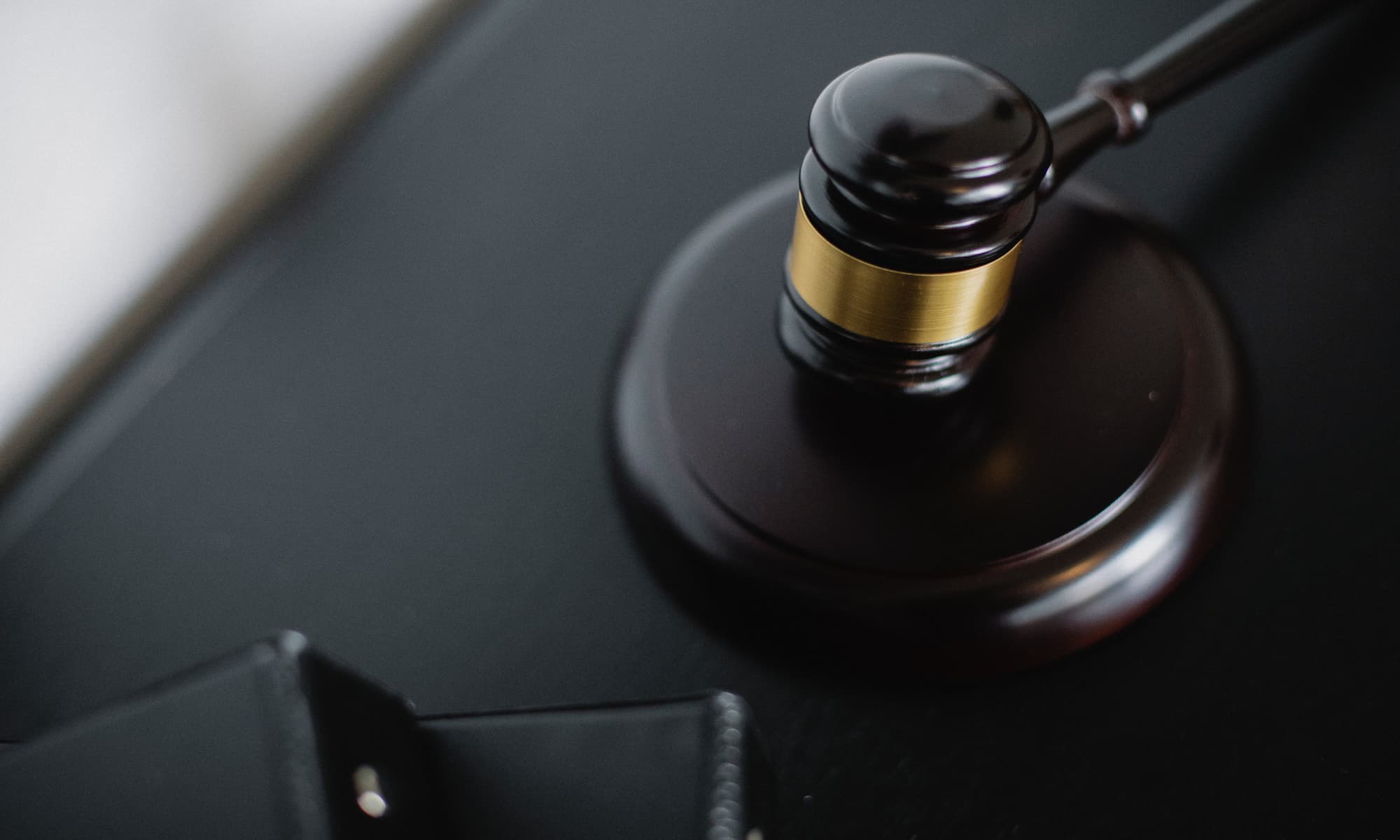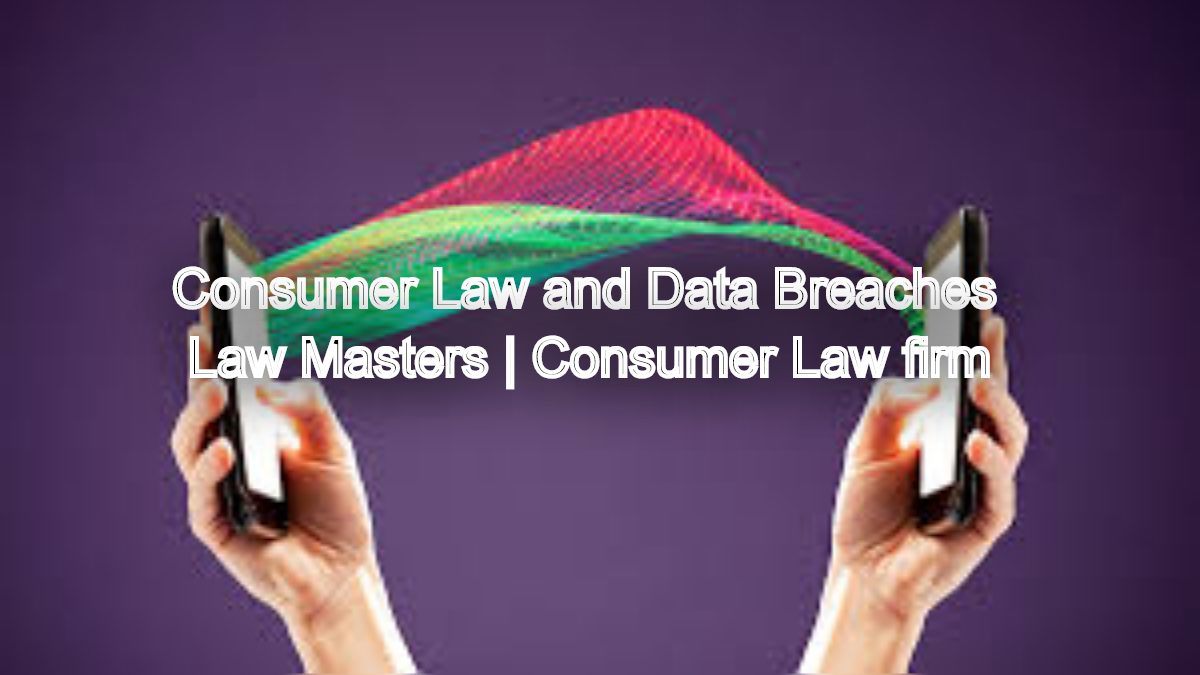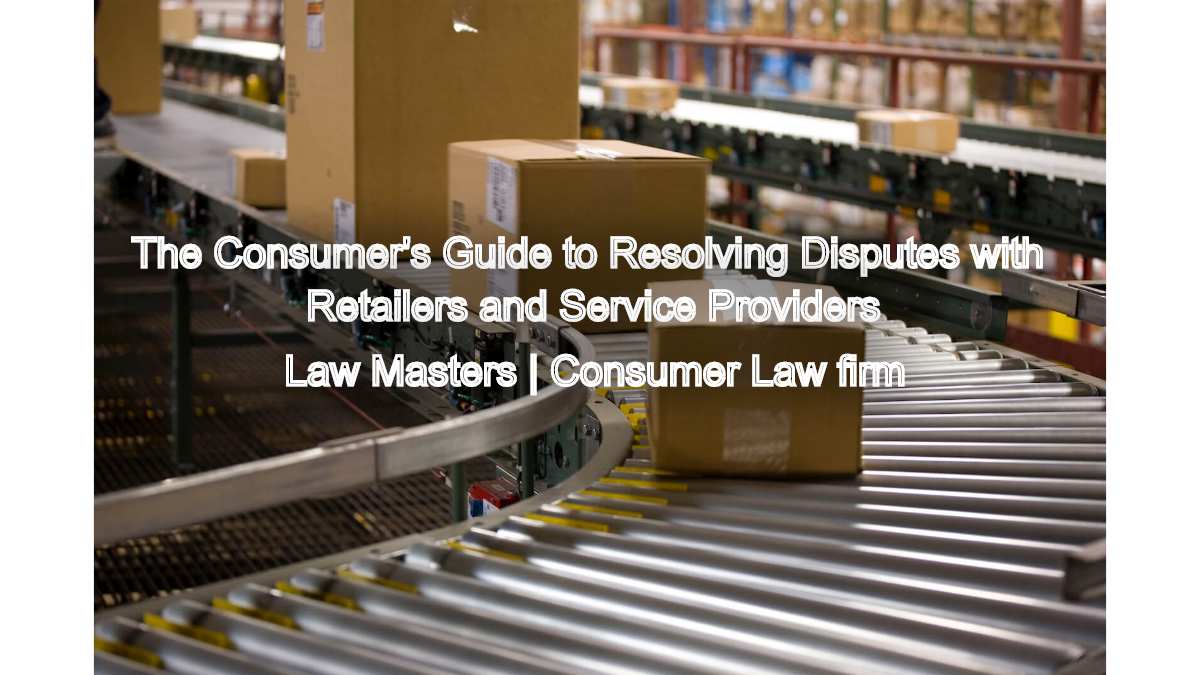Consumer Law and Data Breaches: In today’s digital age, data breaches have become increasingly prevalent. When your personal information is compromised, it can have serious consequences, including identity theft, financial fraud, and emotional distress. Understanding your rights and taking immediate action are crucial to mitigating the damage.
Consumer Law and Data Breaches: Steps to Take After Your Personal Information Is Compromised: Law Masters | Consumer Law firm
The Impact of Data Breaches
Data breaches can expose sensitive personal information such as Social Security numbers, credit card details, bank account information, and medical records. Once this information falls into the wrong hands, cybercriminals can exploit it to commit various fraudulent activities.
Your Rights as a Consumer
As a consumer, you have certain rights under consumer protection laws. These laws aim to protect consumers from unfair business practices, deceptive advertising, and data breaches. When your personal information is compromised, you may be entitled to compensation for damages suffered.
Steps to Take After a Data Breach
- Stay Calm and Assess the Situation:
The first step is to stay calm and assess the extent of the data breach. Determine which specific information has been compromised. This will help you identify the potential risks and take appropriate measures. - Contact the Company Involved:
Immediately contact the company that experienced the data breach. Inquire about the specific details of the breach, including the types of information compromised and the steps they are taking to mitigate the damage. - Place a Fraud Alert or Credit Freeze:
Consider placing a fraud alert or credit freeze on your credit report. This will make it more difficult for identity thieves to open new accounts in your name. - Monitor Your Accounts Closely:
Keep a close eye on your bank and credit card accounts. Review your statements regularly for any unauthorized transactions. - Change Your Passwords:
Change your passwords for all online accounts, especially those that use the compromised information. Create strong, unique passwords for each account. - Consider Identity Theft Protection Services:
Identity theft protection services can help you monitor your credit report, detect identity theft early, and provide assistance with recovery efforts. - File a Complaint with the Federal Trade Commission (FTC):
You can file a complaint with the FTC to report the data breach and any fraudulent activity related to it. The FTC can investigate the matter and take appropriate action against the responsible parties.
Seeking Legal Counsel
If you have suffered significant financial loss or emotional distress as a result of the data breach, you may want to consult with a consumer law attorney. An experienced attorney can help you understand your legal rights, pursue compensation, and protect your interests.
Law Masters: Your Trusted Legal Partner
Law Masters is a leading consumer law firm dedicated to protecting the rights of consumers. Our team of experienced attorneys has a deep understanding of consumer protection laws and can provide expert legal advice and representation.
FAQs: Consumer Law and Data Breaches
The first step is to stay calm and assess the situation. Contact the company involved to understand the scope of the breach. Consider placing a fraud alert or credit freeze on your credit report and monitor your accounts closely for any suspicious activity.
Yes, in some cases, you may be able to sue a company for a data breach. However, the specific circumstances and applicable laws will determine the viability of a lawsuit. Consulting with a consumer law attorney can help you understand your legal options.
The FTC is responsible for enforcing federal consumer protection laws, including those related to data security. If a company fails to protect consumer data, the FTC may investigate and take enforcement action, which could include fines or other penalties.
To protect yourself, consider the following:
Monitor your credit report regularly.
Use strong, unique passwords for all online accounts.
Be cautious about clicking on links in unsolicited emails.
Be wary of phishing scams.
Use two-factor authentication whenever possible.
A consumer law attorney can provide legal advice, represent you in legal proceedings, and help you recover damages. They can also assist with negotiations with companies, insurance claims, and identity theft recovery.
Conclusion
Data breaches can have far-reaching consequences, but by taking swift action and seeking legal counsel, you can mitigate the damage and protect your rights. Remember, you are not alone in this fight. With the right guidance and support, you can recover from a data breach and rebuild your financial security.
Read More
- The Dos and Don’ts of Dealing with Credit Reporting Agencies
- Spotting Consumer Fraud: How to Protect Yourself from Scams
- What are the responsibilities of businesses under consumer Law?
- Tips for Safeguarding Your Personal Information Online
- Protecting Your Identity: Preventing Identity Theft and Fraud
- Ministry of Consumer Affairs, Food & Public Distribution:



